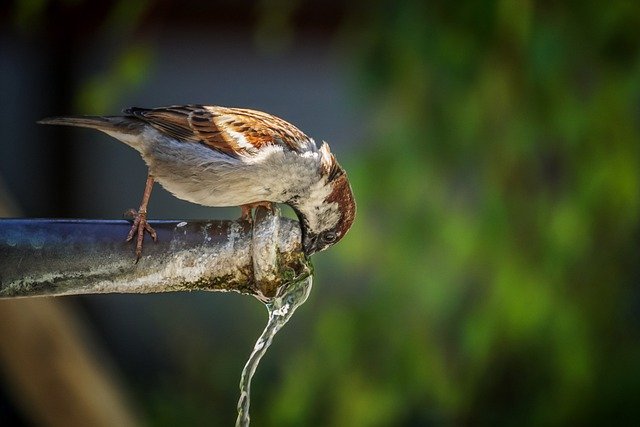- Water tests
- Air and pollutants analysis
- Mold analyses
- Asbestos analyses
- Rapid tests
-
Knowledge
- Further news
- Analysis made easy
- Facts About Drinking Water
- Facts about Indoor Air
- Facts about Mold
- Facts about Asbestos
-
Water quality in Switzerland
- Water Scarcity and Water Quality
- Drinking Water in Switzerland
- Tap Water in Switzerland: Quality and Controls
- Drinking Fountains in Switzerland
- Water Quality - Canton Basel
- Water Quality - Canton Bern
- Water Quality - Canton Geneva
- Water Quality - Canton Zurich
- NEWS: Zurich Drinking Water Map
- Drinking Water - City of St. Gallen
- Water Quality - City of Baden
- Water Quality - City of Bern
- Water Quality - City of Zurich
- Water Analysis - City Lucerne
- Water Quality - City of Winterthur
- The Water Supply of the City of Thun
- Initiative for Clean Drinking Water
- Partnership with WATER FOR WATER (WfW)
- Help & Services

Drinking Fountains in Switzerland
Switzerland is not without reason referred to as the Water Tower of Europe. Streams, rivers, glaciers, and over 1500 lakes supply the population with drinking water.
Did you know? As early as 1905, the Swiss plumber Luther Haws developed the world's first public drinking fountain. Since then, public fountains have offered the ideal opportunity to quench thirst for free on the go.
Drinking Fountains in Switzerland
Today, many public drinking fountains can be found in cities and municipalities. They offer clean water at natural temperature. Some have collection or drainage basins – also ideal for pets.
Did you know? In Swiss health resorts, healing springs often flow directly through the fountains. The mineral-rich water is also used there for therapeutic purposes.
During the winter months, many fountains are turned off to prevent frost damage.
Is the water from drinking fountains safe?
Responsibility for public fountains lies with the municipalities or cities. They are obliged to ensure hygiene and safety. The water comes from the public network and must flow continuously – otherwise, it must be clearly marked "No Drinking Water."
✪ Good to know: According to Swiss food inspectors, the water from drinking fountains can be consumed without hesitation. Regular fountain analyses confirm this high quality.
Water Quality in Switzerland
Switzerland guarantees the highest standards. Regular water analyses prove the high quality.
Important to know: According to the Swiss Food Handbook, all measured values must be below the legal limit values. National reference laboratories regularly check this.
What influences the quality of drinking fountains?
Old pipes or contaminated fittings can impair water quality. Natural influences such as arsenic deposits in rock layers – for example in Graubünden, Valais, or Ticino – can also lead to contamination.
✪ Good to know: The limit value for selenium in Switzerland is 50 µg/l. The WHO, on the other hand, recommends a significantly lower guideline value of 10 µg/l.
✔ Heavy metals and pollutants
✔ For general drinking water, softeners
✔ Heavy metals and contaminants
✔ Separate bacteria test recommended
✔ Heavy metals and contaminants
✔ Separate bacteria test recommended
✔ Focus on bacterial contamination
✔ For general drinking water, softeners
✔ 12 common pharmaceuticals
✔ e.g., diclofenac, ibuprofen
✔ Most common pesticides
✔ Glyphosate separate analysis
✔ E. coli, coliform bacteria
✔ Enterococci
✔ Commonly used pesticide
✔ Possibly carcinogenic
✔ 20 common PFAS chemicals
✔ Per- and polyfluorinated alkyl substances
✔ 100 Test strips
✔ For general drinking water, water softeners





